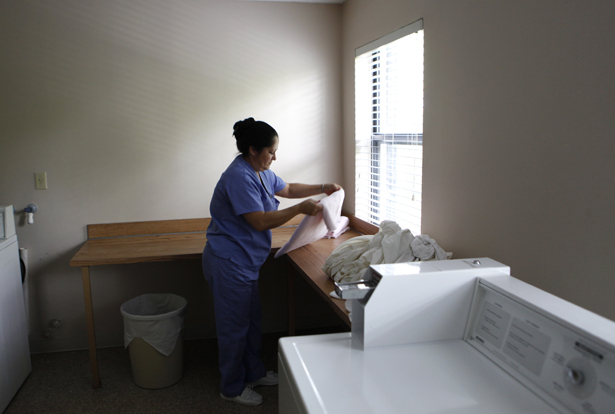
Homecare Worker Protections Thwarted in Court Homecare Worker Protections Thwarted in Court
Just before Christmas, a federal judge stuck down minimum wage and overtime protections for millions of homecare workers.
Dec 26, 2014 / Michelle Chen
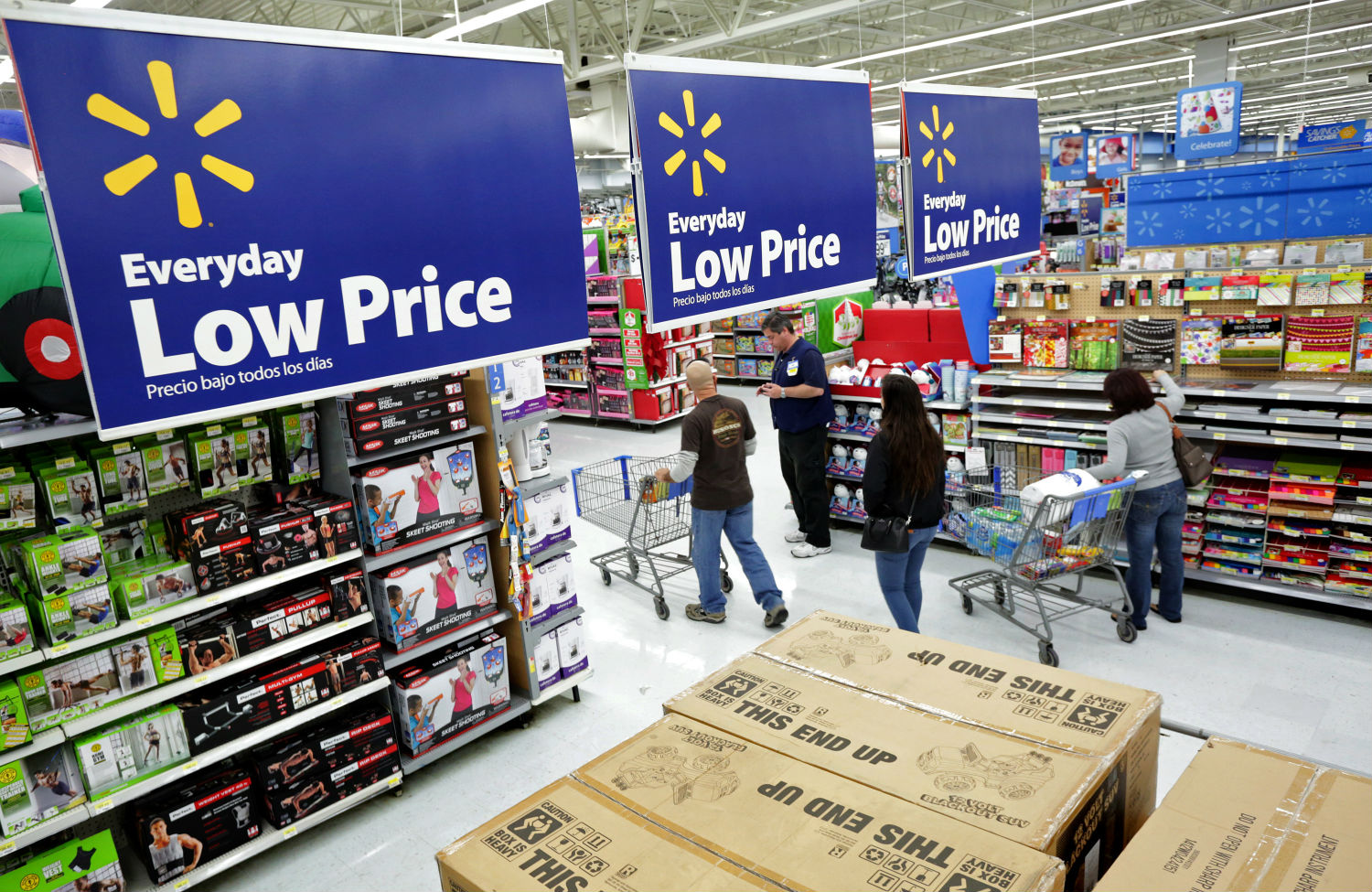
Walmart’s Pregnancy Policy May Make You Sick Walmart’s Pregnancy Policy May Make You Sick
Walmart to pregnant women: choose between a healthy pregnancy and a job.
Dec 19, 2014 / Michelle Chen
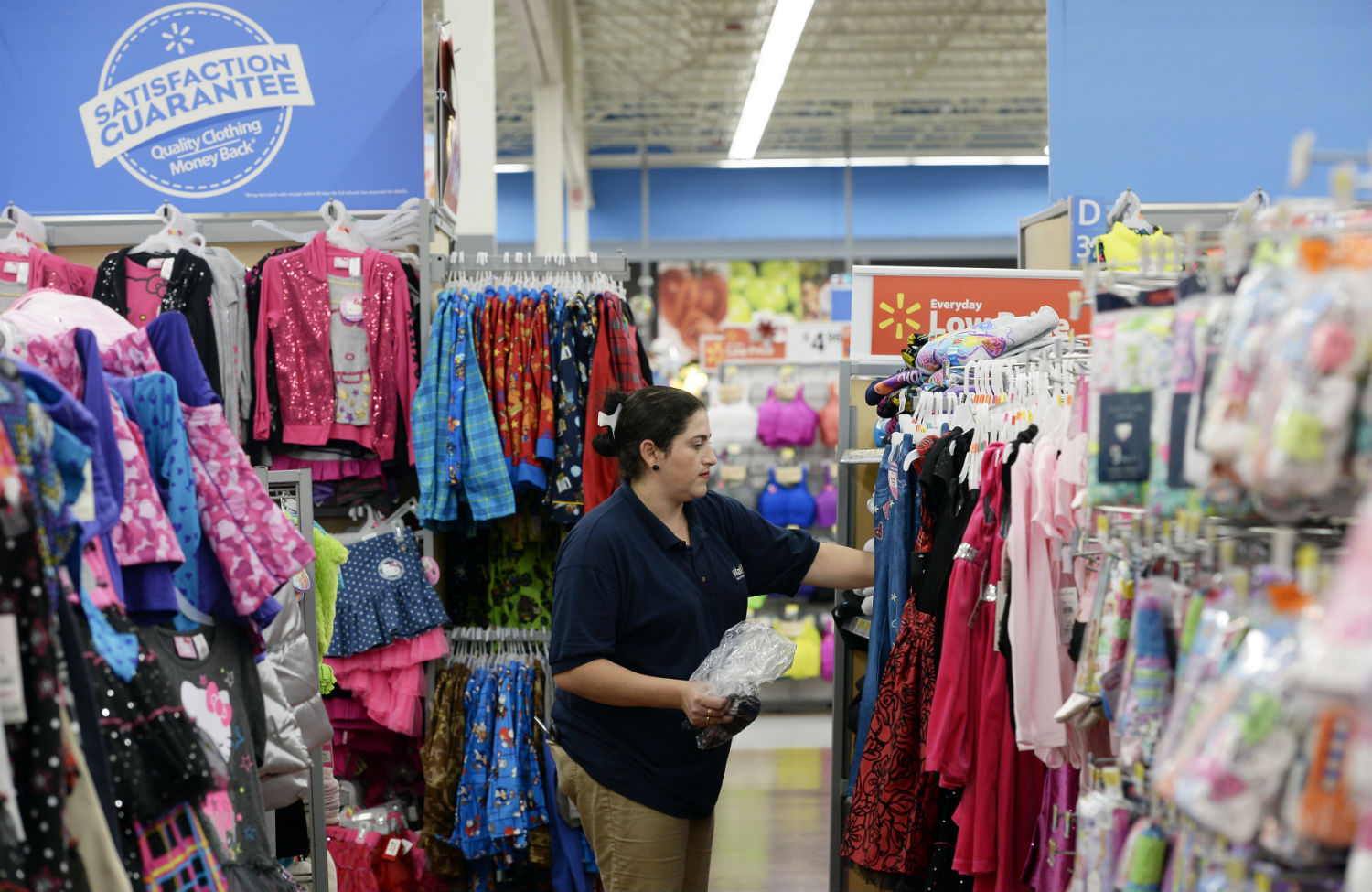
Want to Exploit Retail Workers? In San Francisco, It’ll Cost You Want to Exploit Retail Workers? In San Francisco, It’ll Cost You
The city now has a Retail Workers Bill of Rights.
Dec 5, 2014 / Michelle Chen

It Is Time for a Retail Workers’ Bill of Rights It Is Time for a Retail Workers’ Bill of Rights
Let’s get serious about addressing erratic, constantly changing schedules that are a Holiday-season nightmare for workers.
Dec 1, 2014 / John Nichols

This Will Make You Think Twice About Getting That Manicure This Will Make You Think Twice About Getting That Manicure
Could the chemicals in beauty products be causing long-term health problems for salon workers?
Nov 17, 2014 / Michelle Chen

Surprise: Whole Foods Is Not the World’s Greatest Employer Surprise: Whole Foods Is Not the World’s Greatest Employer
San Francisco employees of the green-capitalism giant are organizing themselves to fight for livable working conditions.
Nov 14, 2014 / Michelle Chen
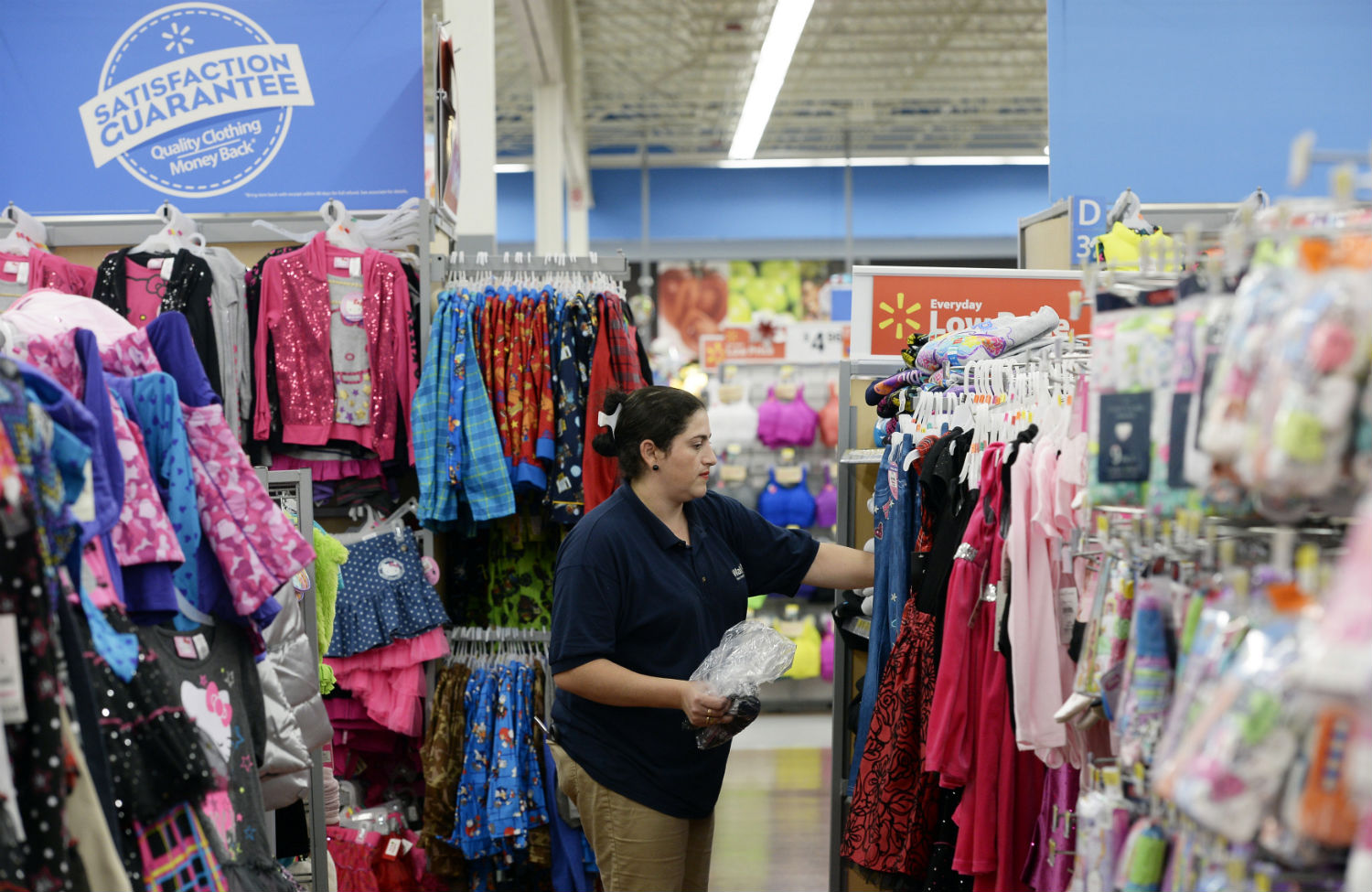
Why Women Should Get the Rest of the Year Off Why Women Should Get the Rest of the Year Off
The average American woman works for “free” for two months thanks to the wage gap and unpaid labor.
Nov 13, 2014 / Bryce Covert

Are Fracking Workers Being Poisoned on the Job? Are Fracking Workers Being Poisoned on the Job?
A new study suggests air pollution near fracking sites may be worse than previously estimated—putting workers and local residents at increased risk of cancer, birth defects and oth...
Nov 10, 2014 / Michelle Chen
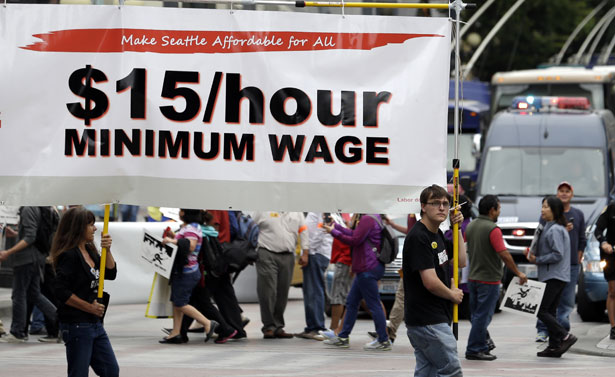
Will the Midterms Create a Mandate for Minimum Wage Hikes? Will the Midterms Create a Mandate for Minimum Wage Hikes?
Progressives should not think of this election as another Republican “shellacking,” but as the year some Americans got a raise.
Nov 4, 2014 / Katrina vanden Heuvel

Americans Are Working So Hard, It’s Actually Killing People Americans Are Working So Hard, It’s Actually Killing People
The jobless recovery means massive speedups for many workers you depend on.
Oct 28, 2014 / Feature / Esther Kaplan
